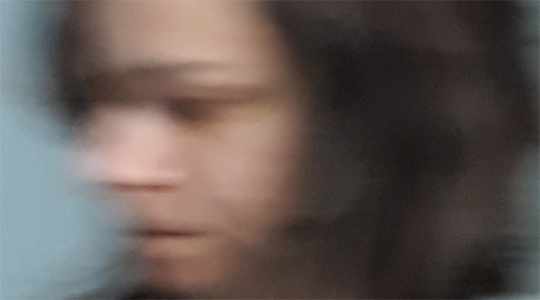Zorka Wollny
[PL/DE]

Zorka Wollny is a composer and a theatre artist who creates site-specific works which respond to their architectural surroundings. She collaborates—in a director-like mode—with musicians, actors, and dancers and members of the local communities she works in.
Wollny’s collaborative production style often involves public rehearsals and workshops in which she creates structures of cooperation with individuals as well as groups and communities, such as composers, students, actors and activists. In one of her most recent works, “Unmögliche Oper” (2017), she involved several choirs and citizens of the German town Oldenburg in an exploration of the voice as a tool of expression and public debate. “Order” (2015) was composed for the Teutonic Castle in Swiecie, Poland, a 15-person volunteer choir, three percussionists and electronics. In "Ophelias. Iconography of Madness" (2012), presented at the Museum of Art in Łódź, Wollny staged a performance of eleven actresses, representing the figure of Ophelia as depicted in several historical theater productions of Shakespeare’s Hamlet. In "Oratorio for Orchestra and Warsaw Citizens Choir" (2011), developed for the Warsaw Autumn international festival of contemporary music, Wollny devised a concentrated, polyphonic manifestation in the city centre of Warsaw, that was produced in collaboration with NGO’s and the Warsaw Philharmonic Orchestra and is based on the political manifestos and agendas of the participating activists.


